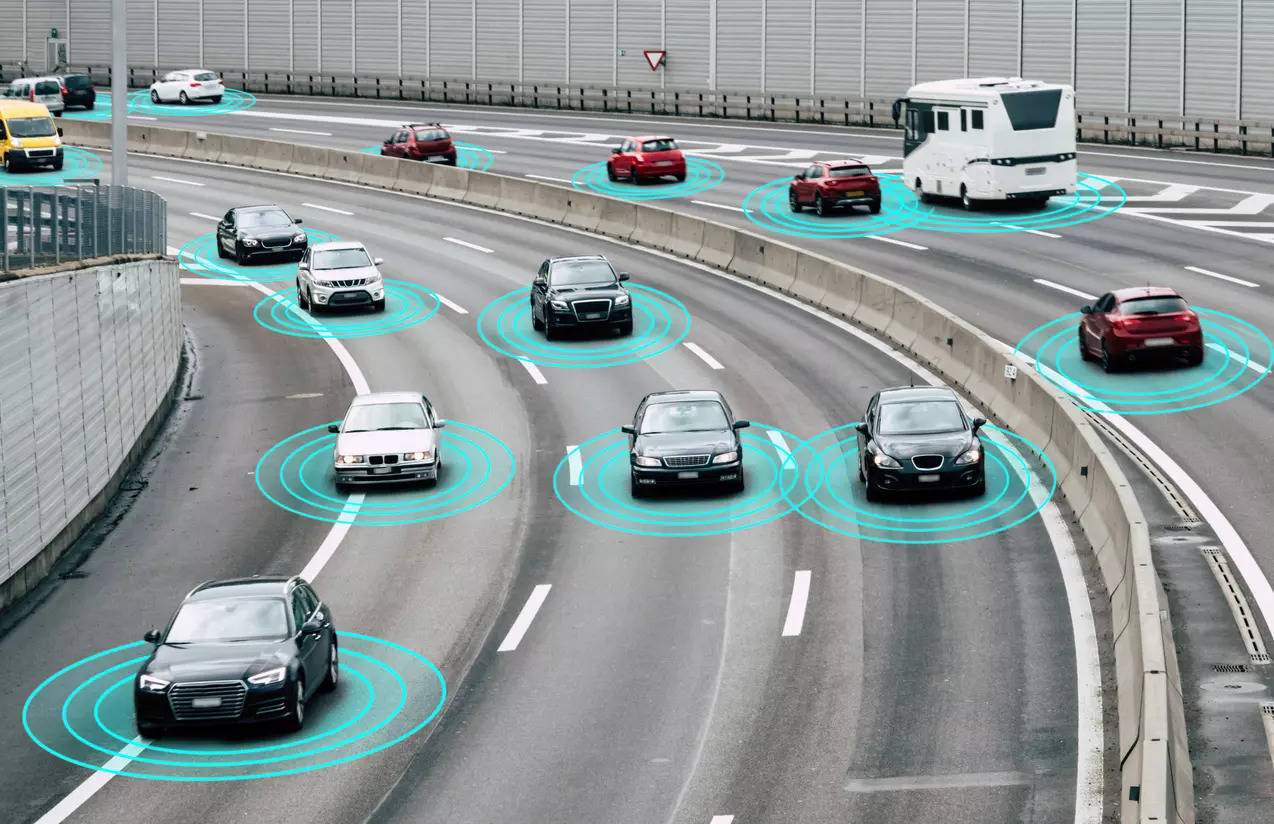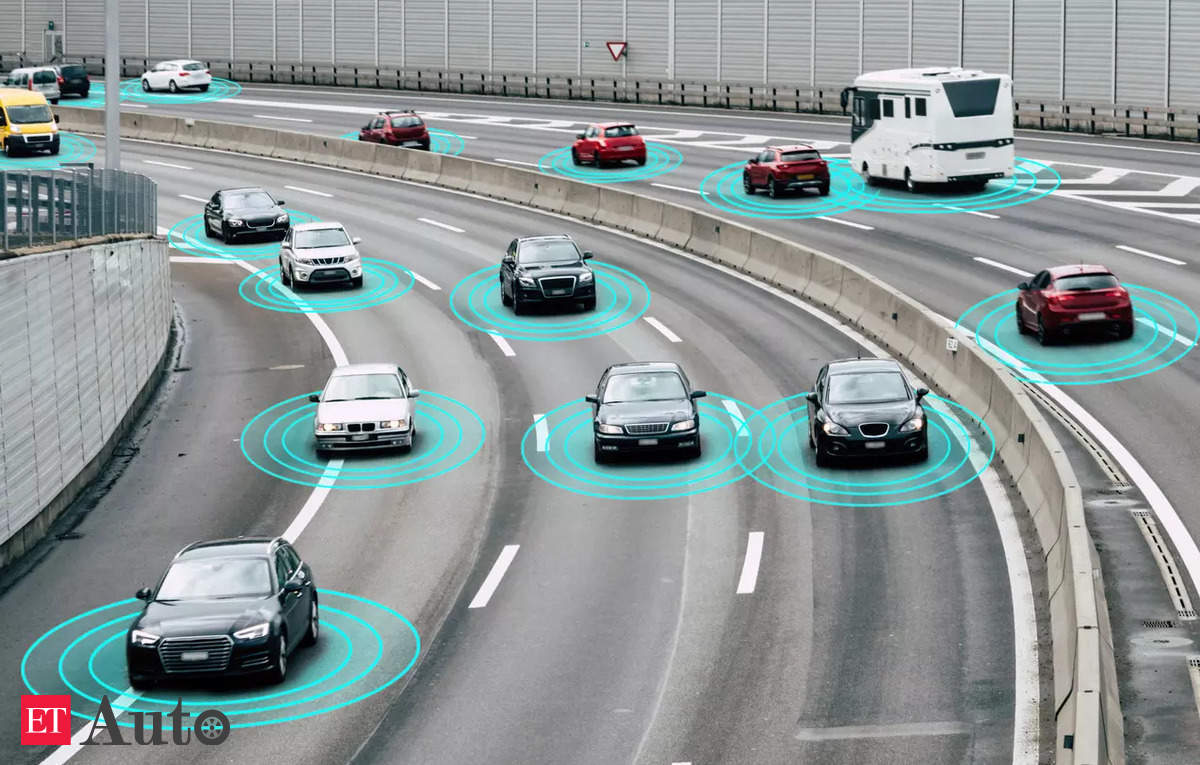
New Delhi: It’s oft-quoted in our social circles that commercial flights are the safest mode of transportation. No doubt this turns out to be true, especially if you consider its minuscule value on a scale of the number of fatalities per unit of distance covered, vis-à-vis other forms of transportation.
The same, however, does not hold true for road transportation. Data from the World Health Organization shows that ~1.3 million people die each year because of road traffic crashes. Additionally, road traffic injuries are the leading cause of death among children and the young.
The story is even more pronounced in developing countries. About 93% of global fatalities occur in low- and mid-income countries while these countries account for ~60% of the world’s vehicles. India tops this list, accounting for ~11% of fatalities globally.
As per the ‘Road Accidents in India 2021’ report by the Government of India, one in every 10 people killed on roads across the world is from India. In 2021 alone, ~412K road accidents were reported in India claiming ~153K lives. The worst affected were found to be in the age group of 18-45 years.
These statistics may seem overwhelming at first. All, however, is not gloom and doom.
When compared with the past, vehicles of today are equipped with more technology and software than ever before. Plus, advances in data collection procedures, modelling techniques, and accuracy of prediction algorithms can all be used to come up with tech-based solutions for ‘Saving Lives’. Additionally, regulatory requirements are also pushing for a safety-first approach in automotive development.
A primary precursor to developing safer experiences for users of the entire road ecosystem is data on accidents.
Data and research
In 2010, Bosch Corporate Research and Bosch Global Software Technologies (BGSW) along with an external research agency teamed up to expand Bosch’s accident research activity to India, beginning at Coimbatore with a pilot study of 50 cases. This pilot, foundational to the Accident Research Database’s establishment in India was led by Girikumar Kumaresh, Principal Advisor – Road Safety, Future Mobility at Bosch, Advisor to India’s panels in various automotive industry standard committees in Central Motor Vehicle Rule Committee (AIS – CMVR). This study helped in establishing a consortium called RASSI Accident Database – Road Accident Sampling System for India.
In simple terms, RASSI is an automotive industry consortium comprising OEMs and Tier oness, with the aim of making road transportation ecosystem safer for users.
Typically, information on accident and crash sites is populated into this database including, but not limited to, data points such as weather conditions, crashed components, skid/brake marks, site debris, and injury data. Today, data from 6500+ accidents with ~1500+ variables is included in the database.
Data from RASSI finds multifold utility, ranging from conducting benefit estimation studies R&D of motorcycle and passenger car Antilock Braking Systems (ABS) to development of Electronic Stability Control (ESP) systems, and R&D of airbags and passive restraint systems, to name a few.
To illustrate, benefit estimation studies were used to evaluate its impact on motorcycle ABS for Indian highways. Studies showed that if every motorcycle had been equipped with ABS, every third crash could have been prevented. A similar study on ESP® showed that every 14th road fatality can be avoided altogether in India.
While data forms a necessary precursor, software technology plays an equally key role in making Mobility safer. Utilization of software itself can be in multiple places such as on-board, off-board, and cloud, with all of them working in tandem.
Consider ADAS, which uses sensors and cameras to assist drivers in multiple ways such as lane departure warnings, and adaptive cruise control, thereby making driving safer. As another example, consider Emergency Response Systems, which utilize in-vehicle systems to notify emergency services in the event of accidents providing time-critical information such as location, and severity. Cloud data analytics from accidents can be used by government and regulatory agencies to identify traffic hotspots and build safer infrastructure. Feedback loop systems, such as driver monitoring systems, can be used to provide feedback on building safer driving habits, while also acting as a product differentiating input for insurance companies.
Regulations on vehicular and road safety systems form an equally important aspect of building safer cities and communities. In India, Bharat New Car Assessment Programme (NCAP) serves as a mechanism for OEMs to manufacture safer vehicles. Additionally, India currently has more than 70% safety regulations which are either partially or fully technically aligned with Global Technical Regulations (GTRs) and UN Regulations while retaining Indian-specific driving and environmental conditions.
The road ahead
It is, therefore, no doubt that as technology gets more sophisticated, it gets more democratized. Mass adoption will naturally lead to further use cases getting conceptualized and developed.
It is natural to expect that more and more vehicles will be connected to the larger road ecosystem. V2X technologies would allow for continuous data exchange between vehicles, thereby helping build more prudent data sets in the event of crashes, or perhaps even mere brushes between vehicles.
This helps in creating a data-led network that not only collects information about incidents on the road but also builds recommendations to drivers on road conditions, alerts, and perhaps even on adjacent vehicles. For instance, consider vehicle platooning, where a platoon leader (vehicle in front) communicates with the ones behind and exchanges crucial ecosystem data enabling in making autonomous driving decisions for all vehicles behind.
With such technological advancements, the overall goal is to not only enable data collection and decision-making on the road ecosystem but also reduce accidents and untoward incidents altogether. It is a matter of time before this too becomes a reality.
(Disclaimer: Dattatri Salagame is CEO, President, and Managing Director of Bosch Global Software Technologies (BGSW). Views are personal)









